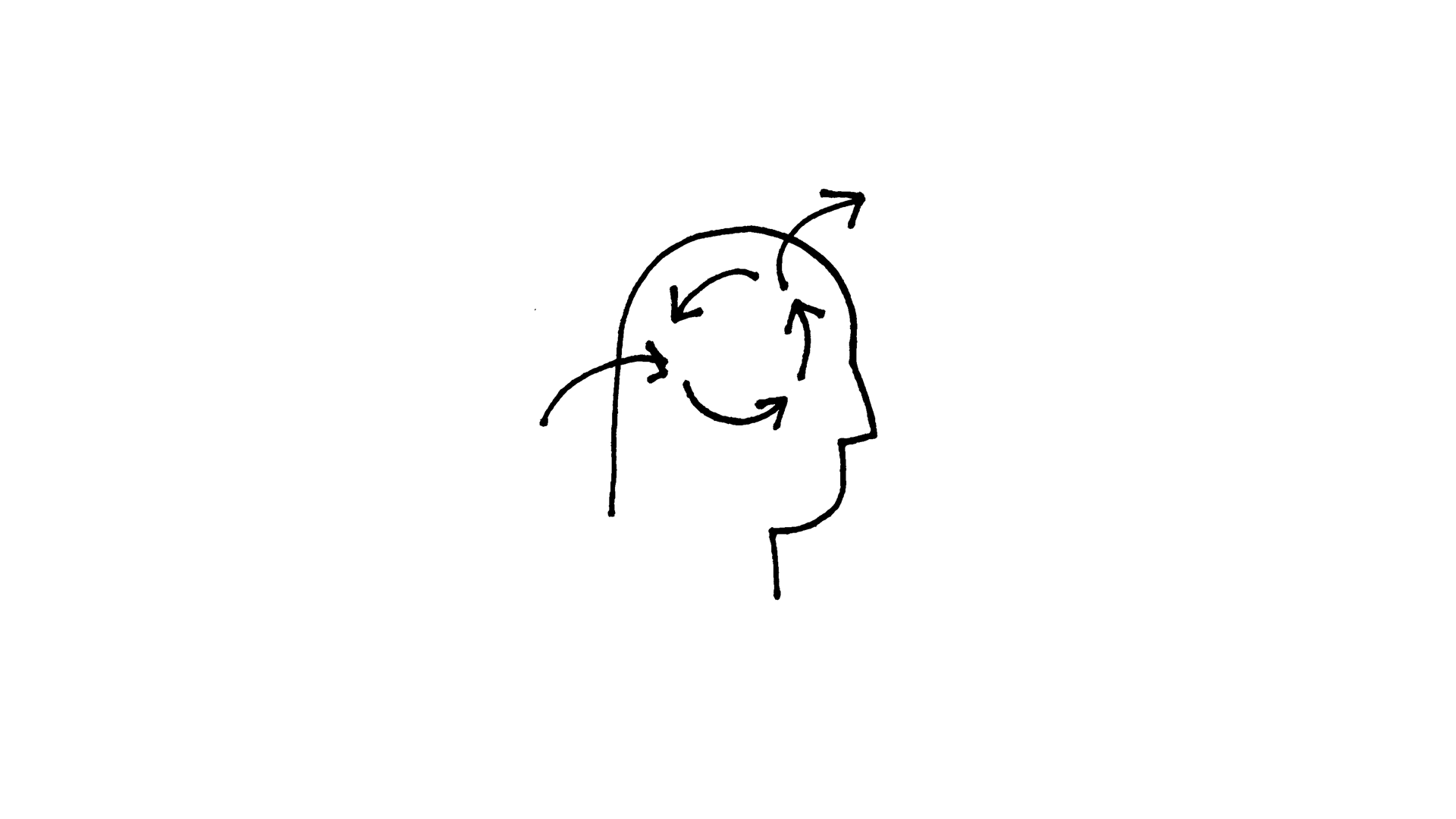Self-Empowerment

The process of empowerment is about supporting a person or group in such a way that they eventually manage to stand on their own two feet. In terms of the artistic and cultural field, the aim of an empowering process should be to enable the person or group to continue an initiative or an artistic or cultural project under their own power. If this process happens on its own initiative and entirely or largely under its own steam, then the word self-empowerment is appropriate.
At the beginning of serious support for an empowerment process, regardless of whether it is initiated from outside or started by the empowerers themselves, there is a commitment. Namely, it is the will not only to communicate the methods of artistic and cultural practice but also to share access to the available resources and to pass on the know-how acquired through practice and experience for independent action. One should not be afraid of providing too much information or passing on too much knowledge and even becoming superfluous at the end of the day. For if people not only learn a skill but are also able to take responsibility for their own actions, then it is only logical that they will ultimately no longer need the “instructors.”
When the full-scale Russian invasion of Ukraine broke out in February 2022, together with tranzit.at in Vienna and the Künstler*innenhaus Büchsenhausen in Innsbruck as well as the Austrian Federal Ministry of Arts, Culture, Civil Service, and Sport, < rotor > in Graz launched Office Ukraine – Shelter for Ukrainian Artists. From that moment on, numerous artists and cultural workers from various artistic disciplines found a safe place to stay in Austria. The team at Office Ukraine in Graz provided support to displaced persons, primarily in the Graz area and in the province of Styria, assisting them in finding accommodations, dealing with administrative issues, and coping with everyday life. The longer-term goal was and is to connect the new artists living in the city and province with the local art and culture scene and to make it easier for them to access all the services and programs offered by public bodies and independent organizations.
So-called Open Houses were organized almost every fourteen days, alternating between < rotor > and various other institutions from the fields of art and culture, social affairs, health, labor, and so on. Experts from the respective fields reported on their activities and revealed the working methods of Austrian organizations and institutions. For example, the participants of the Open Houses were able to familiarize themselves with the logic of the institutional landscape, the structure of funding opportunities, and the processes involved in setting up their own institutions or starting their self-employed artistic activity in Austria. The majority of the activities were aimed at making it easier for new members of the Graz and Styrian art scene to start their everyday lives as artists and cultural workers.
At the time of writing, the full-scale war in Ukraine has been going on for three years, and Office Ukraine has been in existence for just as long. There is no end in sight for the war, but a new development is emerging for Office Ukraine Graz. For a few months now, the Ukrainian art community in Graz has been creating its own place for art production and presentation, called ZIEGEL. And Office Ukraine Graz can consider itself fortunate to have accompanied and logistically supported a project from the very beginning that is based on the self-organization of its Ukrainian colleagues within the Austrian art and cultural landscape. And perhaps the ZIEGEL project will develop in a direction in which the activities of Office Ukraine Graz could flourish. The future will show whether this vision has been fulfilled.